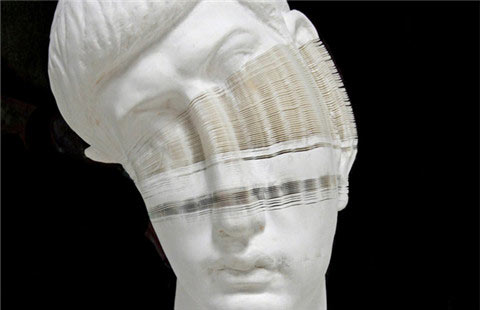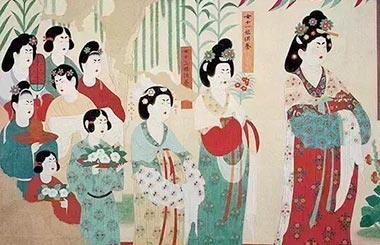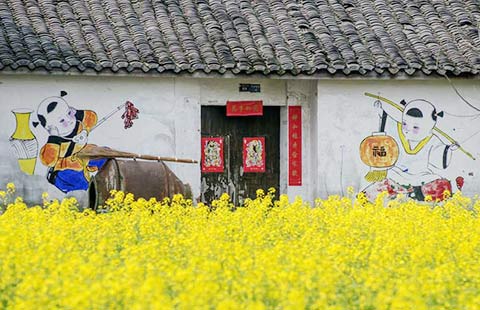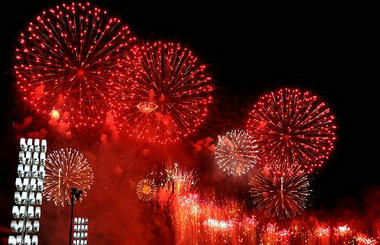China's Longmen Grottoes opens new Buddhist cave
( Xinhua ) Updated: 2016-03-11 09:38:39
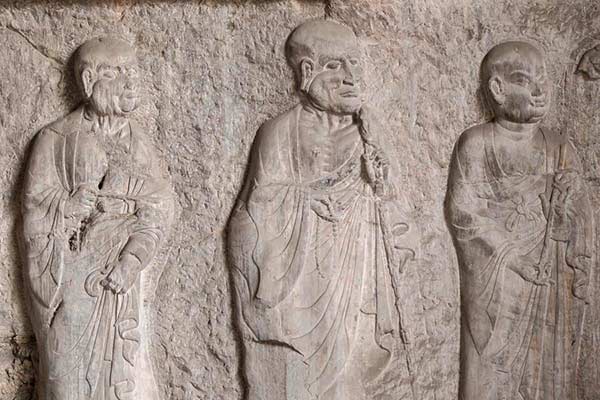 |
|
Buddhist statues in Kanjing Temple of the Longmen Grottoes [Photo/Xinhua] |
Longmen Grottoes in Central China's Henan province opened another of its caves to the public on Thursday, giving them the opportunity to see a complete set of 29 arhat statues created during the rule of a Buddhist Chinese empress.
The life-sized statues in Kanjing Temple, the newly-opened cave at the world cultural heritage site near Luoyang city, are among the finest and most well-preserved arhat sculptures of the Tang Dynasty (618-907).
The cavern temple was previously off-limit to tourists as it was undergoing protection and research, said Lu Wei, a director with Longmen Grottoes Research Academy.
The arhats, who are enlightened Buddhist saints extricated from mundane suffering, are seen in various positions from meditation to debating, displaying facial expressions including anger, content and devotion.
"The statues disproved stereotypes of Chinese arhat carving. They have vivid looks and give off a highly realist air," Lu said.
The cave temple dates back to the era of Wu Zetian (624-705), China's only empress who was also a Buddhist, a period when Buddhism and Buddha carving flourished, according to Lu.
To court the devout empress, her followers erected a number of Buddhist sculptures at Longmen Grottoes. Kanjing Temple was also believed to be built by the royal family and monks with royal backgrounds, due to its strong royal elements.
Prior to the debut, researchers and renovation teams have cleaned and reinforced the statues, and created digital models that will help any future repair work, according to the academy.
The cave is equipped with infrared cameras and other devices that will monitor water, temperature and humidity.
Longmen Grottoes has more than 2,300 grottoes with 110,000 Buddhist figures and images, over 80 dagobas and 2,800 inscribed tablets, created between the Northern Wei Dynasty (386-557) and Song Dynasty (960-1279).
|
|
|
|
|
|
|
|
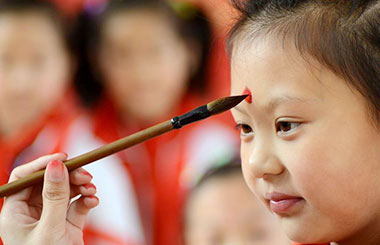
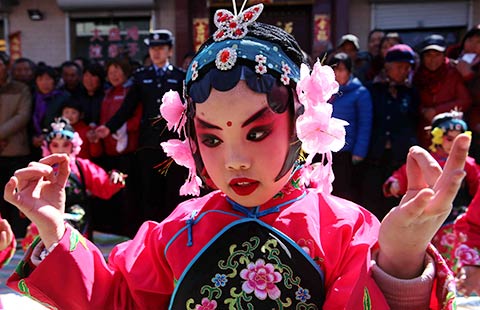


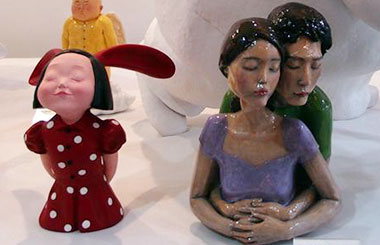
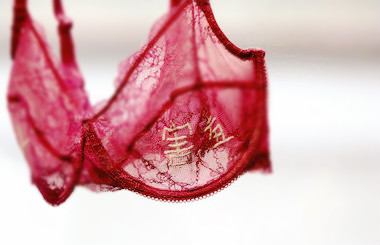
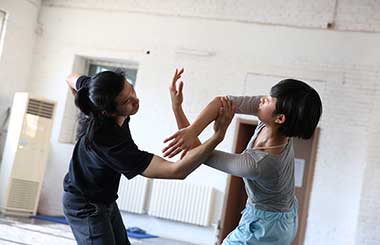
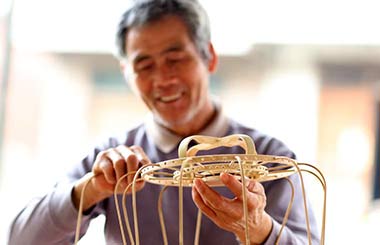








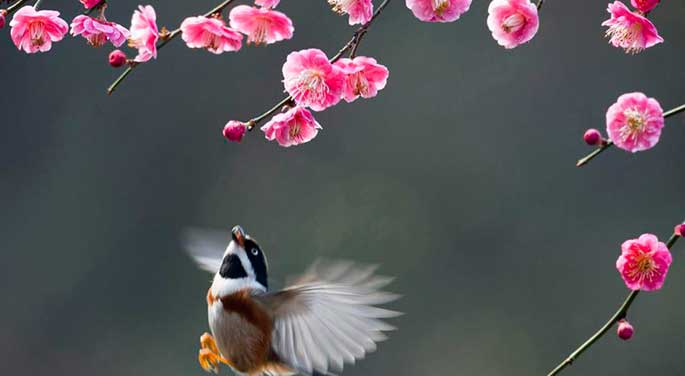

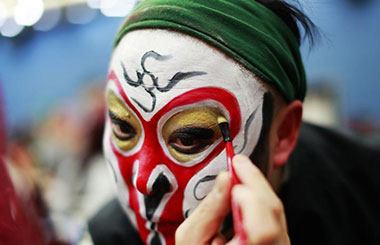




 Raymond Zhou:
Raymond Zhou: Pauline D Loh:
Pauline D Loh: Hot Pot
Hot Pot Eco China
Eco China China Dream
China Dream China Face
China Face
